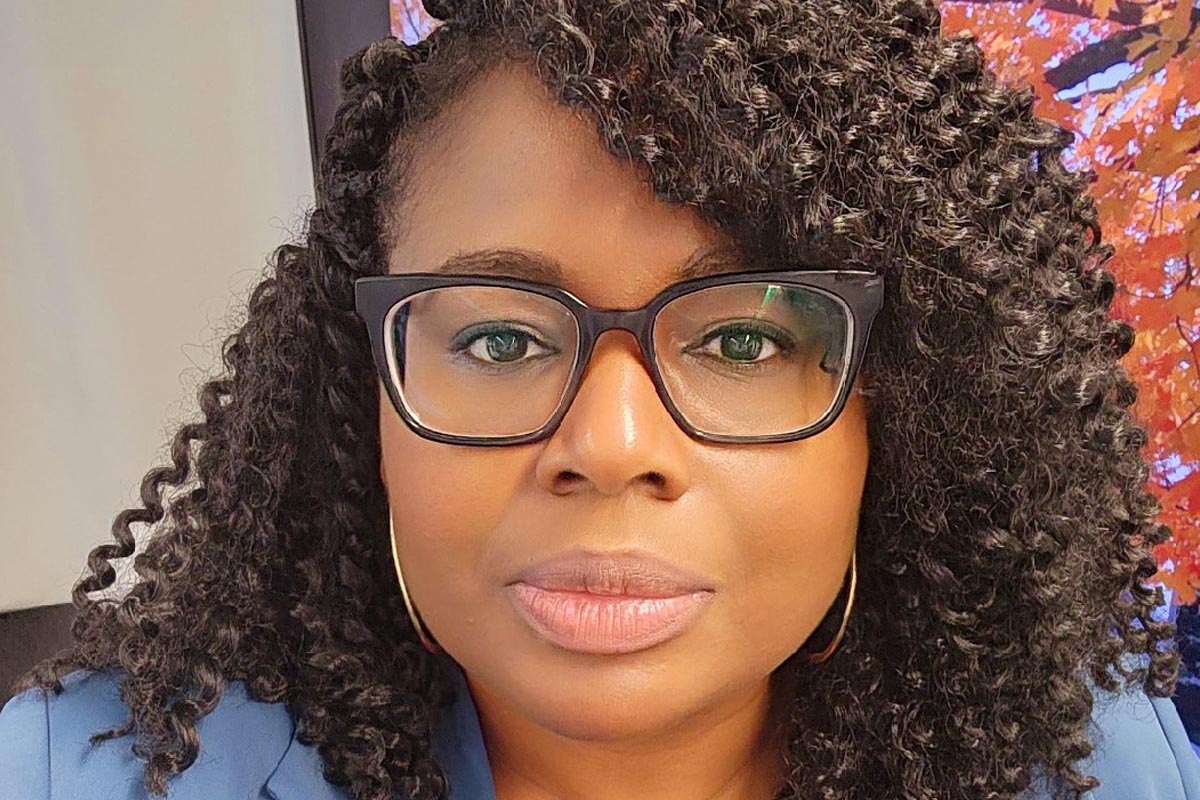DEI Can Work…Here’s How

Diversity. Equity. Inclusion. Independently, these words embody strong principles that many DEI programs strive to achieve. Collectively, diversity, equity, and inclusion represent the good that many of us want to see in the world. The tragic death of George Floyd in 2020 led to nationwide outrage and reckoning for racial justice, all of which stressed the need for increased DEI funding and initiatives. HIU was part of the collective effort and made a renewed commitment to DEI as an institution, one that has long led a call of “exploring differences, deepening faith,” that is, acknowledging our differences, embracing our fellow humans who embody them, and supporting their faith through education and encounter.
DEI in many ways is about being seen, especially in spaces where minority groups have historically been overlooked and marginalized. As a Black woman, I can relate to being in spaces where I have been overlooked, misjudged, and even embarrassed. This is the sad reality of being a minority. There is no guidebook on how to be Black in spaces where you are not seen, not valued, and in some cases, not welcomed. Many of us in the Black community lean on our spiritual foundation and what our parents or grandparents taught us about living in a society where one’s race is a factor.
I know I have benefited from the bravery and courage of Dr. Martin Luther King, Jr. Rosa Parks, Howard Thurman, and HIU alum Ambassador Andrew Young — to name a few. They paved the way for future generations by speaking up for what is just. Their hard work should not and cannot be in vain. It is a responsibility that weighs heavily on me as I navigate being Black and raising Black sons in America.
As a senior leader at HIU, I am deeply appreciative of being in a position that has not historically been held by a person of color. I know that my position goes beyond my title of Vice President and DEI officer. For many, it represents what DEI is at HIU. We are an institution that values diversity of opinion, race, religion, gender, sexual orientation, economic status, as well as political and philosophical diversity.
At HIU, we are strategically embedding key elements of DEI within our internal practices, rather than attempting to create outcomes based solely on DEI goals. As one example, our Human Resources department expanded our advertising outreach for job openings. The goal is two-fold: to have a larger and more diverse applicant pool, and to locate highly qualified and skilled applicants. The eventual hire is not based on meeting internal diversity benchmarks. It is based on the best fit for the job and the University. This approach aims to balance promoting access to opportunity with recognizing merit.
Three years after being appointed the University’s Diversity, Equity, and Inclusion Officer, I have started reflecting on the future of DEI and what it means for HIU. The increased pushback against DEI in our country may provide a needed corrective yet may ultimately strengthen our commitment to it. The more DEI is challenged, the more refined and sharper our work will become. In turn, I am convinced we will be better positioned to demonstrate its immense value, properly understood.
What is next for DEI at HIU?
What I am calling “Diversity 2.0” represents our fresh approach to DEI, with an increased focus on integration leading to even greater diversity in all areas of HIU. It will also help propel our educational work in this area. As I know all too well, DEI has itself become a contested term. It may not be what we call our work in the future. That is okay. We have always been focused on lowercase diversity, equity, and inclusion anyway, so whatever befalls DEI in higher education nationally does not change our commitments.
Our focus will continue to be on the person and what they have to offer as a student, faculty member, staff member, Trustee, Ambassador, alum, or community member. Further, two important areas within our university include the Howard Thurman Center for Justice and Transformational Ministry (HTC), a beacon of hope and inspiration in the pursuit of a just society, and our Continuing and Professional Education (C&PE), which provides workshops that support inclusive cultures with a focus on religious diversity. These are not going away anytime soon. They are essential initiatives and ongoing programs of the University. They, along with our deeply rooted work and decades-long commitment to “exploring differences, deepening faith,” are helping guide us into what can feel like an uncertain future.
At HIU, we have a shared desire to better the world for future generations. Rev. Dr. Martin Luther King, Jr. famously said, “Make a career of humanity. Commit yourself to the noble struggle for equal rights. You will make a better person of yourself, a greater nation of your country, and a finer world to live in.” We are committed to making a difference in a world where the power of change is within all of us.
For a list of HIU projects and programs in support of our diversity work, visit our website here.
